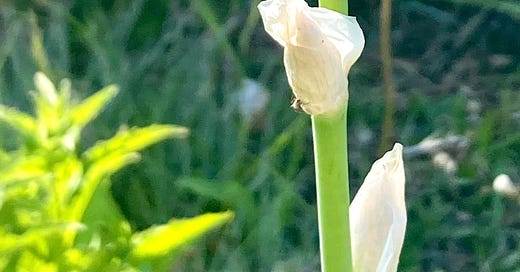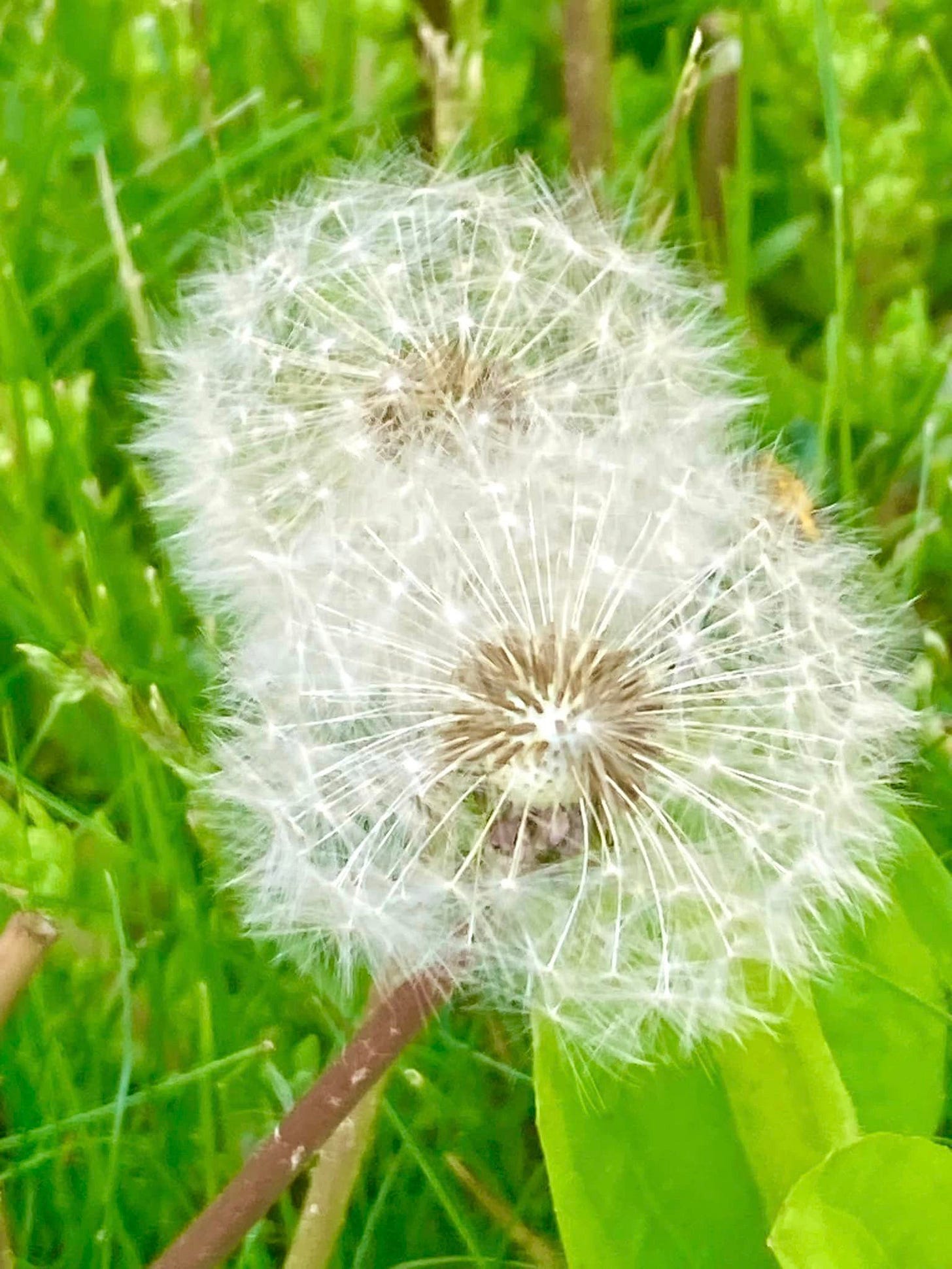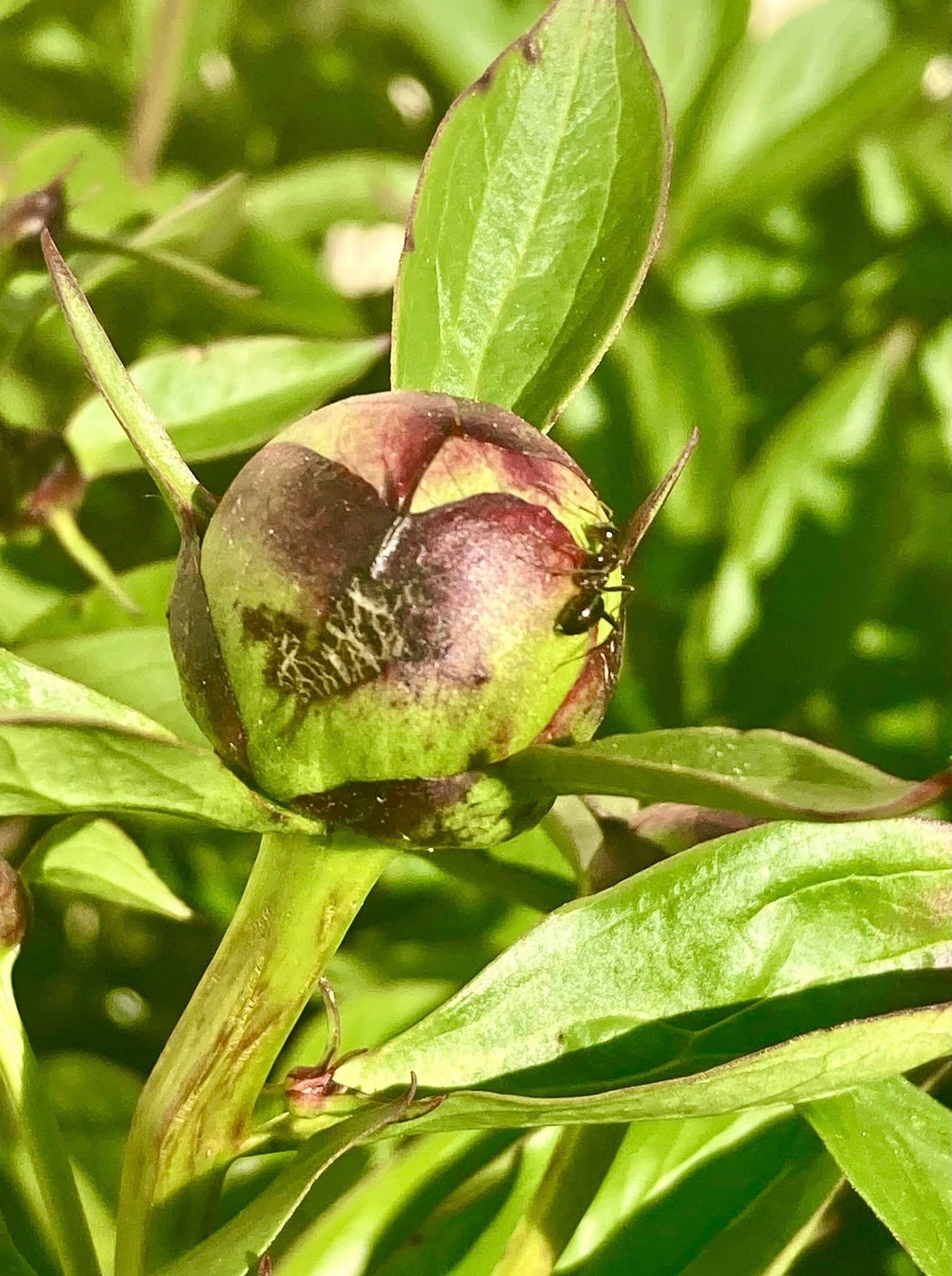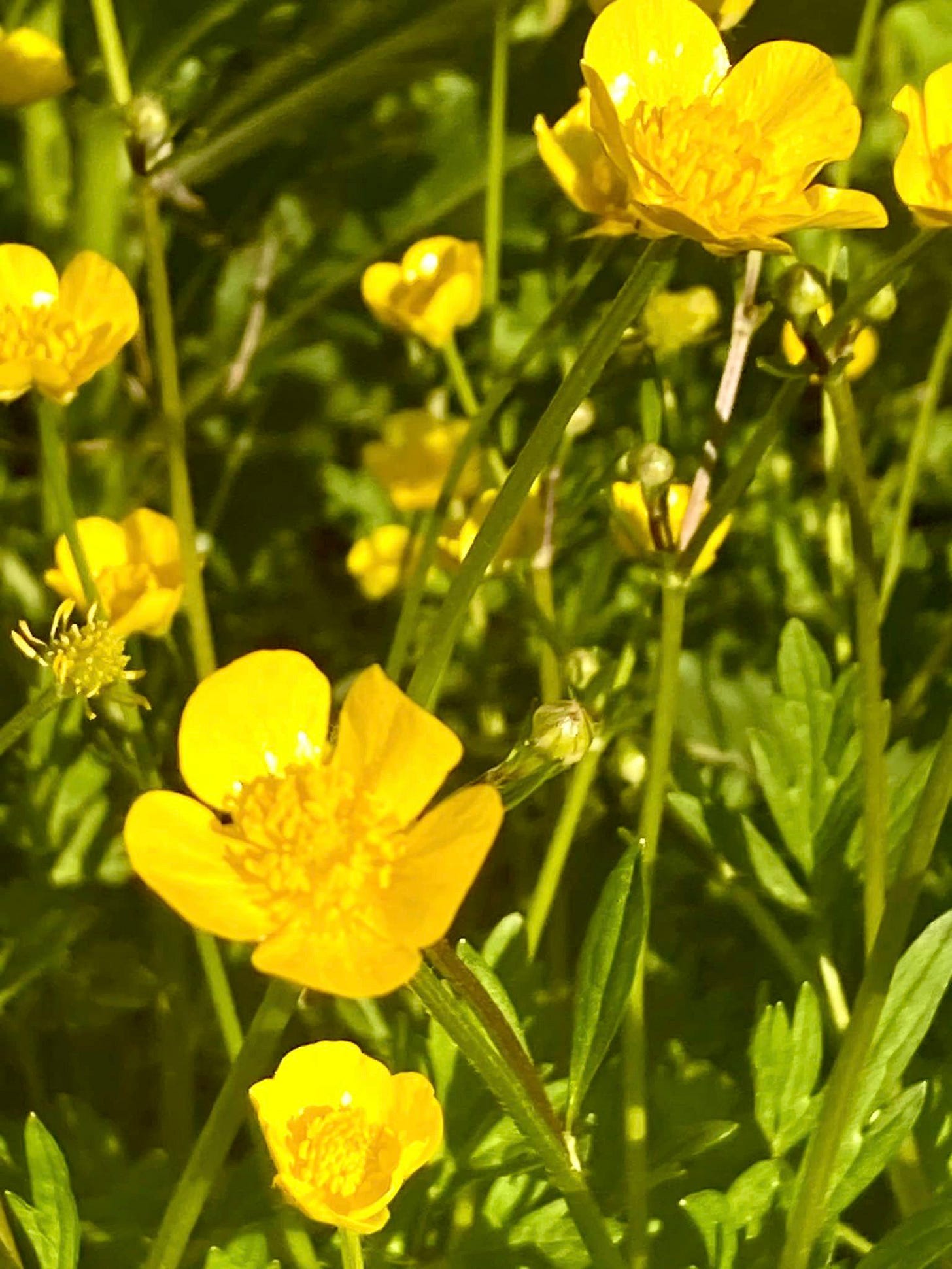In Which My Book Now Has a Title
And a little preface about spring and loneliness and belonging
I wandered about my yard yesterday, capturing photos of colorful things emerging from the ground. I’ve said it before, but each spring I am in awe, pondering how delicate flora survive, buried under snow and ice for months, and then burst forth through the ground as if nothing happened all winter. The icy winter didn’t destroy them and they surface at the appointed time.
The beauty of the season is life-giving. Neighbors are outdoors, putzing around their yards and gardens, meeting one another on walks, peeking out of their homes after a long winter. It’s as if we’ve been holding one long collective breath, and finally in spring, we can breathe again. It feels a little less lonely.
This month, the U.S. Surgeon General released a report on loneliness. One of the findings is that nearly half of all U.S. adults experience loneliness. We are more and more socially isolated, no matter what the season, and this is a public health concern. But this is a continuation of the findings he wrote, in his book, Together.
Loneliness is as deadly as smoking, and isolation increases our risk of heart disease. But that truly isn’t news to us, because we’ve known that for a while. Even though we’ve known this to be true, the situation certainly isn’t better.
We may be more digitally connected, but we are certainly not as humanly connected as we need to be, and that is harming us. We have less social connection and interaction, and it is slowly killing us.
Each generation, each age, experiences its own challenges. Someone in each era or decade will undoubtedly say, “This is one of the most difficult and challenging times in history.” Think back and imagine if you will, someone who was born in 1920 and died in 2002, at the age of 82. They lived through two World Wars, Hiroshima and Nagasaki the Great Depression, the Vietnam War, the Cold War, the Gulf War, the 9/11 attack, and much, much more. These events are American-centric and don’t include other major world events. Didn’t they think they were living in some perilous times?
The point is, we all think that. And the truth is, someone else will say, “This is the best time to be alive.”
And both sayings are true. It is indeed always the best of times and always the worst of times, depending on who you ask.
Human nature, in essence, does not change. But, our environment does. Our cultural mores change. Our lives are affected by technology and place and disease and medicine and climate and migration.
Loneliness is a condition we all experience, whether we want to admit it or not, or feel embarrassed or ashamed to talk about it.
But we must talk about it. We must normalize talking about loneliness and finding ways to connect in deeper and meaningful ways. Our very lives depend on it.
All of this is a little preface to an announcement I’m sharing with just subscribers: the title of my upcoming book, which addresses a particular kind of loneliness. Drum roll, please…I’m excited to share the title is:
Beyond Ethnic Loneliness: The Pain of Marginalization and the Path to Healing
The release date is about a year from now, next spring. Currently, I’m working on the first round of edits. The book writing and publishing process is a completely different topic. Maybe one day we’ll get to that.
For now, though, we will keep talking about belonging, identity, loneliness, and social connection, because it matters, it matters greatly. And it’s a privilege to write about it.
***
Do you talk about loneliness with those you know? If so, I’d love to know more about the context. Share in the comments!








Your book sounds so good and timely. I'm looking forward to reading it!
You know how excited I am for you! :)